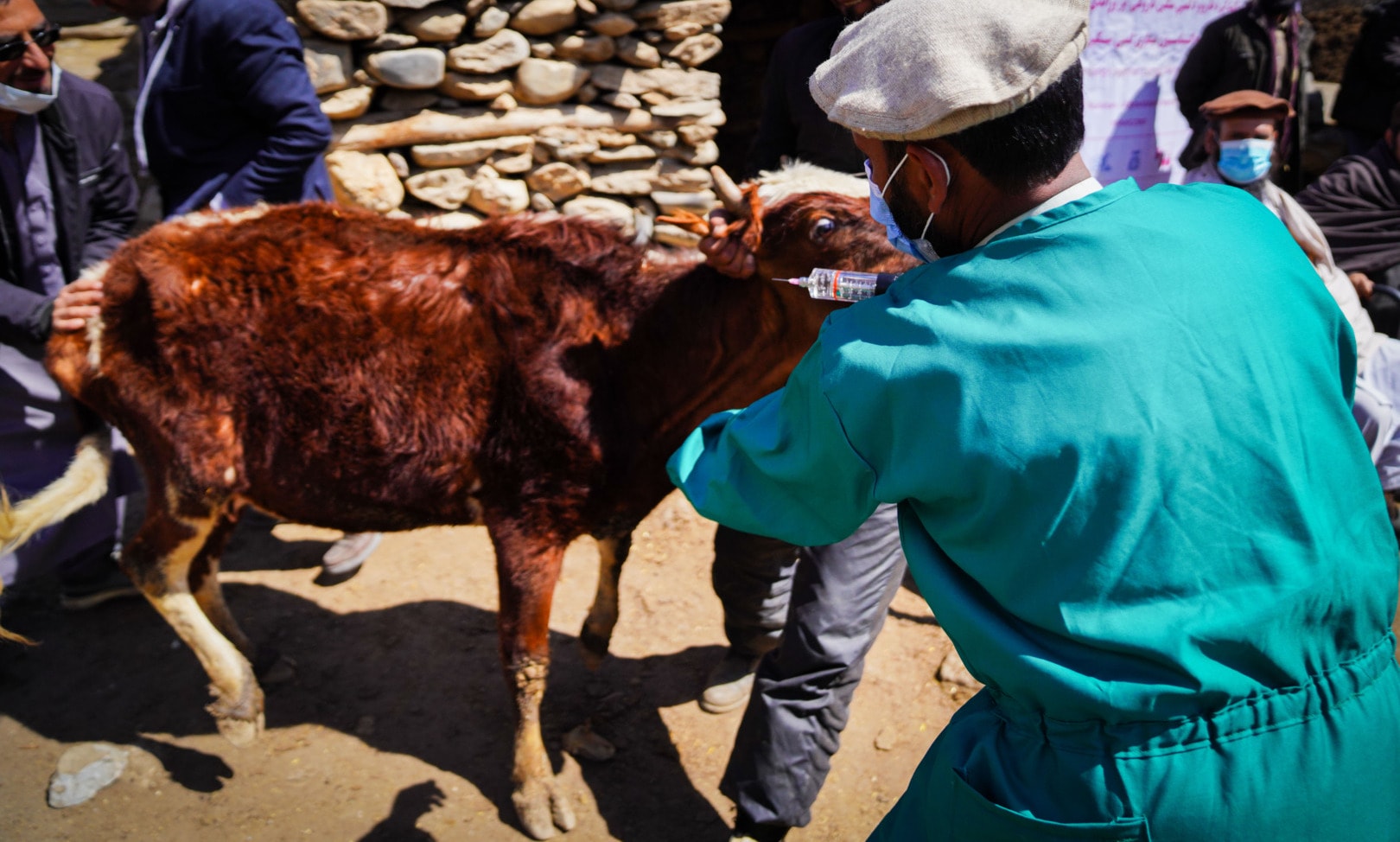We are almost precisely 100 years from the worst influenza outbreak in history. The 1918-1919 influenza pandemic, considered the first global pandemic, killed anywhere from 50-100 million people in two waves, the first less devastating than the second. The World Bank estimates placed the economic impact of a severe pandemic of an equal scale at nearly 5 percent of global gross domestic product or roughly $3 trillion.
In this 21st century using the same metrics, a global pandemic could cost well in excess of $6 trillion, with an expected loss of more than $60 billion per year.
No one knows how the COVID-19 will ultimately affect the global economy or household income. What is currently known is that in this first quarter of 2020 we are experiencing the worst financial infectious disease crisis in history.
By early March 2020, estimates of global stock market losses were put at $6 trillion and the likelihood is this amount will increase. But this could level off. And if the past serves us, stock markets will recoup significantly but many will never do so, both big and small.
Losses from the empty bed and breakfast establishments, tour guides, barbershops and beauty parlors, gyms, restaurants, entertainment providers will be painful, all the more so that they can never recapture the lost opportunity from clients too afraid to come.
Expected Financial Impact of a Global Pandemic
There are financial parameters that need to be factored into the equation and our thinking.
Not yet widely calculated is the effect on global capital inflows and outflows. Suffice to say that such annual international capital flows heretofore have been in the multi-trillion principally among the developed economies, with only a small portion, probably less than 1% accounted for by international organizations.
While the major international organizations such as the IMF, World Bank, regional development banks only represent a small share of capital movements, they are watched and exert great influence in shaping the views of those who represent the lion’s share of capital movements, and signal if help is on its way, in a crisis.
How they act and react to an infectious outbreak is of paramount importance.
In this regard, many voices in the health economic and financial communities have been crying “help” for many years arguing that the risks of a near or full pandemic could have an extreme economic impact, while measures taken to avoid such disasters pale by comparison.
Indeed, over the years, there have been many high-level commissions making this case, most recently the Global Preparedness Monitoring Board (GPMB) created in 2018.
GPMB, as well as others, have calculated the global order-of-magnitude amounts needed to significantly improve global defenses against infectious disease outbreak.
An additional $4.5 billion per year would dramatically reduce the impact of another outbreak, if not avoid its occurrence. With it would come strengthened national public health systems including building human capacity, the linchpin for any successful effort; funding for both bench and operational research and development; and financing for global coordination and contingency efforts.
Others have suggested much more, possibly an additional $25 billion annually, is needed to cover efforts to address antimicrobial resistance, cover zoonotic diseases including costs of culling infected animals, do needed research into known and possible unknown viruses to be prepared to quickly respond to any potential breakout viruses – this is described as the Global Virome Project (See University of California Davis video below)
The United Nations and Bretton Woods Institutions: International Coordination and Response
The global stage will present opportunities to move from rhetoric to financial commitment, and quickly to implementation.
The IMF/World Bank Spring meetings, scheduled for mid-April 2020 are such an occasion – if not canceled because of COVID-19.
The World Health Assembly in May 2020 is another such global convening of critical decision-makers. And perhaps, if past history for HIV/AIDS and Ebola is seen as precedent there will be a United Nations Security Council meeting which hopefully will result in a level of common cause not seen before to make sure there is no “next” unexpected potential pandemic.
Editors Note: The opinions expressed here by Impakter.com columnists are their own, not those of Impakter.com
Featured Image credit: COVID-19 United Nations Regional Information Center














